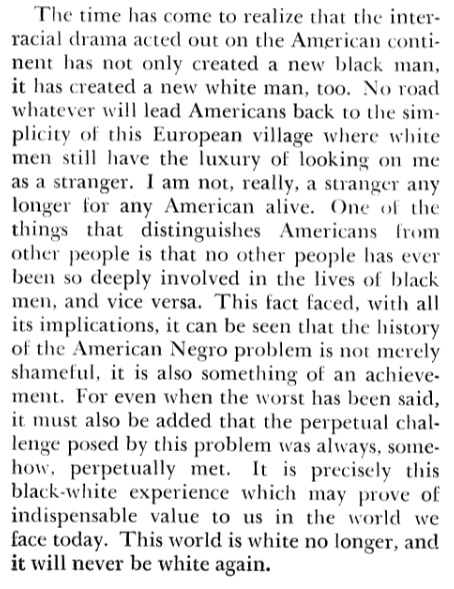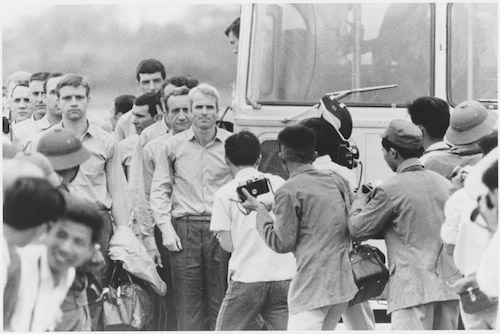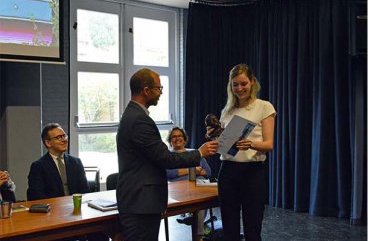
American Studies graduate Queeny van der Spek has won the 2019 Theodore Roosevelt American History Award (TRAHA). The prize was awarded at the Netherlands American Studies Association’s Amerikanistendag, in Groningen on June 7. The TRAHA winner receives, among other things, a trip to Teddy Roosevelt’s old ranching grounds of North Dakota.
Van der Spek’s thesis, “Hitler’s Gift to America: American motivations to rescue displaced scientists from Europe in the 1930s,” is an account of the actions undertaken by governments, universities, and philanthropic organizations in the United States to aid scientists from Nazi-dominated Europe. She wound together the history of immigration and refugee policy with the history of science. As the jury noted in its report, the thesis “scrupulously explores the reasons underlying American national interest in rescuing displaced European scientists and offers fresh insights into the story of American interwar refugee policies.” Van der Spek “makes a substantial contribution to the existing debate about US’s responsibilities over the fate of European Jews and pinpoints the correlation between science and politics, which rests at the center of her intellectually engaging and historically revealing analysis.”
The TRAHA jury also gave special honorary mention to American Studies graduate Lennart Bolwijn, for his thesis, “Dogma, Romance, and Double-Consciousness: The Dilemmas of the New Negro Generation Through the Travels of Otto Huiswoud and Claude McKay.” Bolwijn followed the Jamaican-born writer Claude McKay and the Suriname-born political activist Otto Huiswoud through Harlem, Jamaica, Suriname, and Moscow, and traced the surprising intellectual orbits of the Harlem Renaissance, black nationalism, and communism. The jury noted the thesis’s “surprisingly large terrain,” and its laudable use of primary sources from the Black Archives in Amsterdam.
Both theses are to be applauded for their ambitious international scope and their archival detail. Queeny and Lennart have done the program proud.
Other recent graduates of the American Studies MA program who have won the award are Renee de Groot (2017) and Martina van Cimmenaede (2016). The prize jury has also given honorable mentions to graduates Roos Maier (2016) and Elisabeth Koning (2014).
The full jury report can be read here.
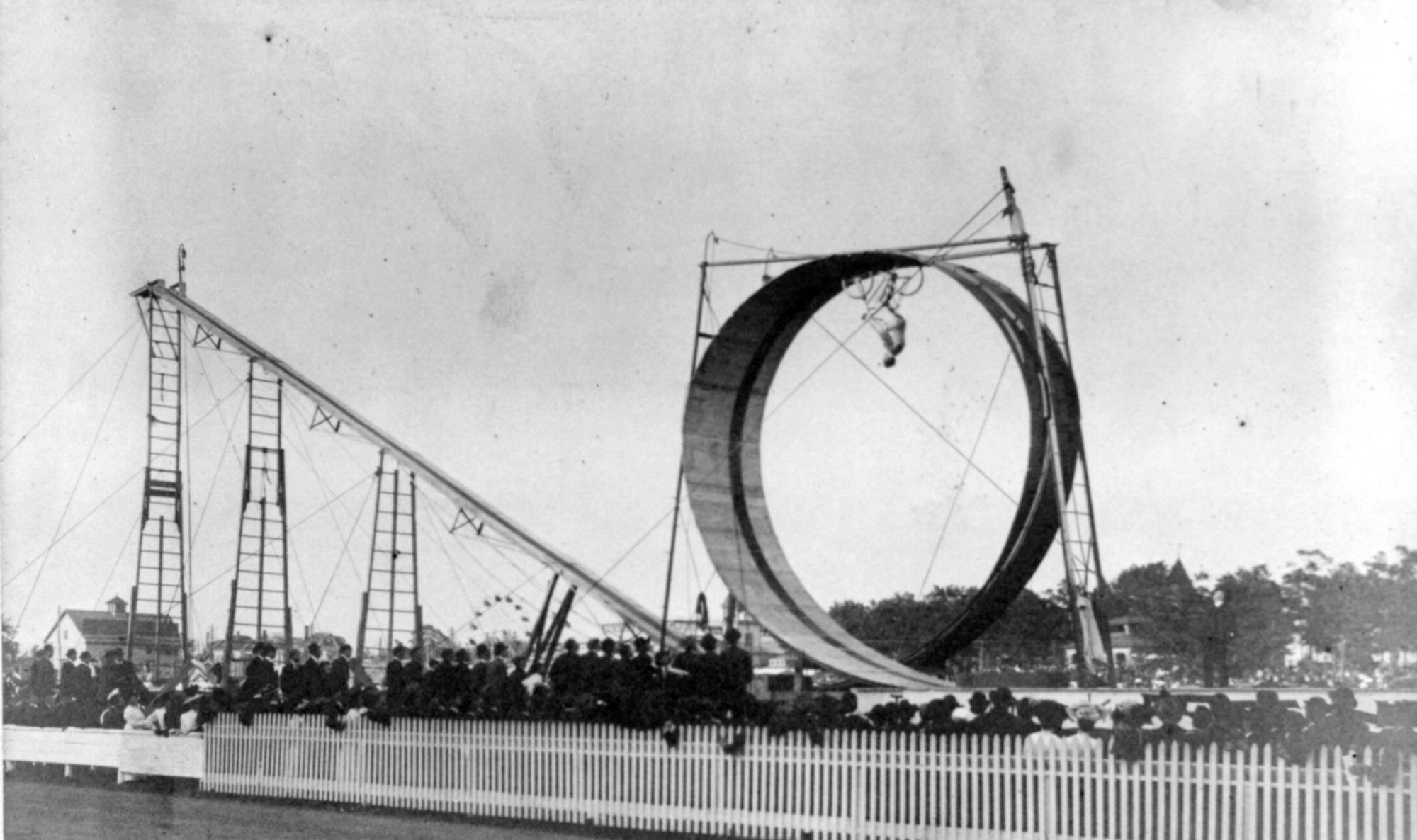
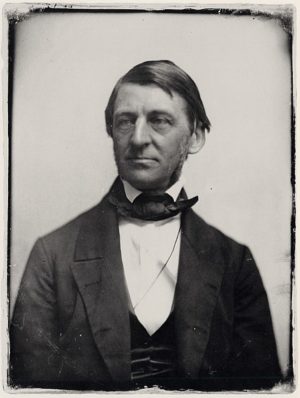

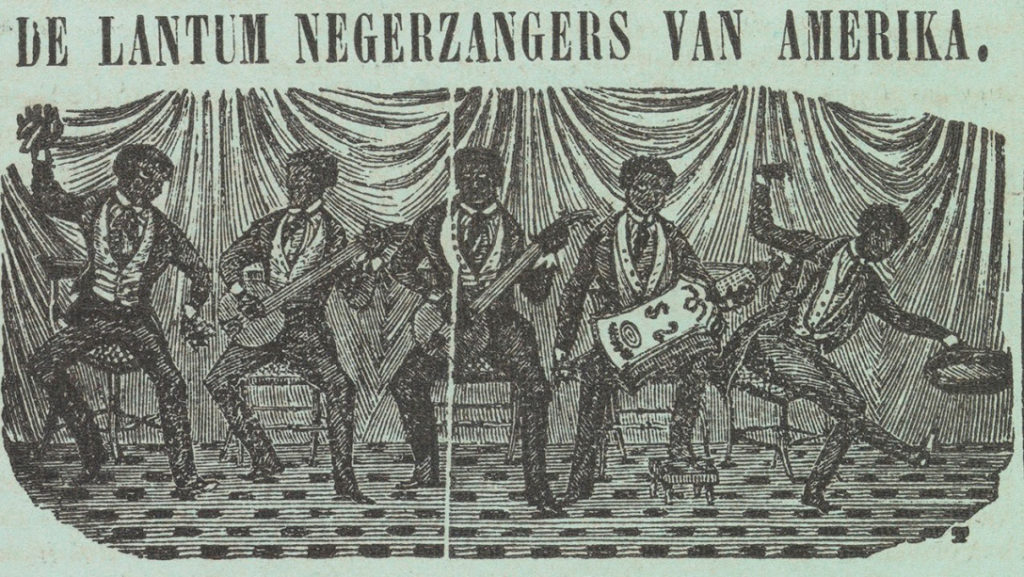
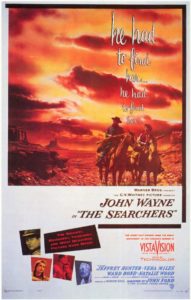
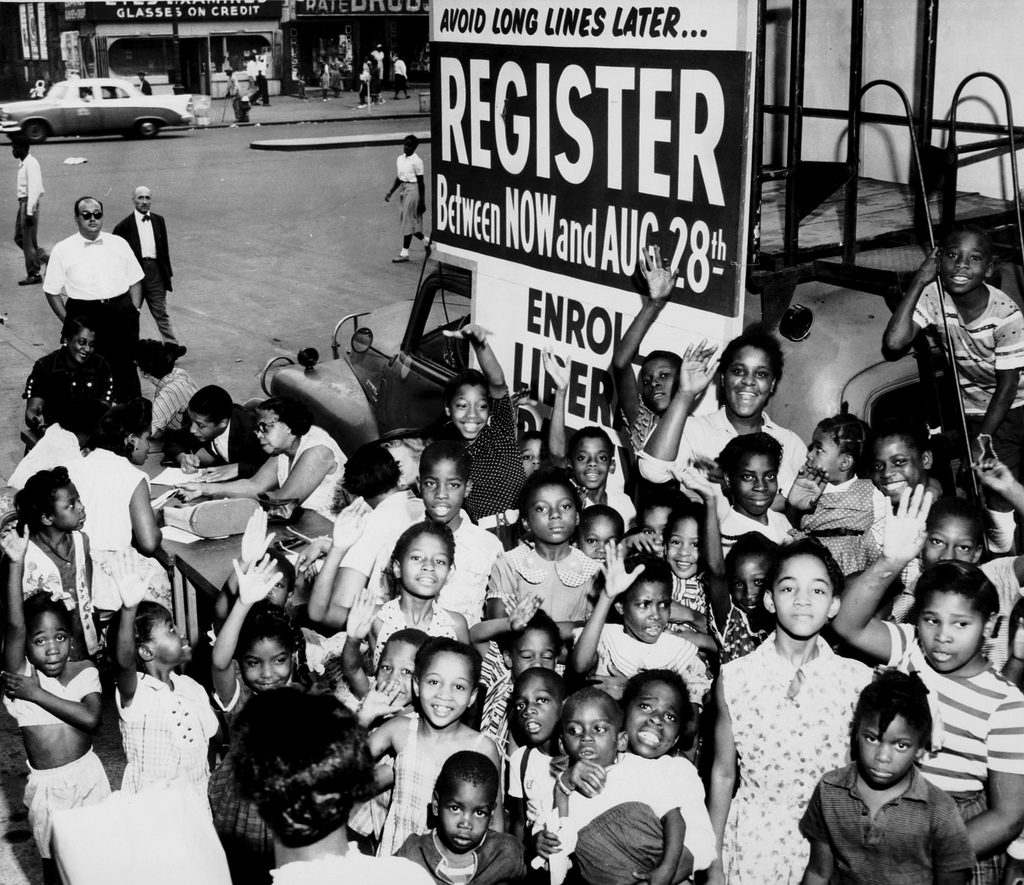
 One of my favorite texts to discuss in a seminar is James Baldwin’s “Stranger in the Village,” published in Harper’s in 1953. “From all available evidence no black man had ever set foot in this tiny Swiss village before I came,” Baldwin begins. This is where the MA Seminar “America Inside Out: International Perspectives on the United States” starts: Baldwin’s magisterial essay about America, Europe, and the West, because it both typifies and challenges much that we talk about when we talk about the “American Century.” Its last paragraph rewards quotation:
One of my favorite texts to discuss in a seminar is James Baldwin’s “Stranger in the Village,” published in Harper’s in 1953. “From all available evidence no black man had ever set foot in this tiny Swiss village before I came,” Baldwin begins. This is where the MA Seminar “America Inside Out: International Perspectives on the United States” starts: Baldwin’s magisterial essay about America, Europe, and the West, because it both typifies and challenges much that we talk about when we talk about the “American Century.” Its last paragraph rewards quotation: